
I got my start as a full-time writer when I was 19 years old-so long ago that I penned my first articles with a goose quill on parchment-and over the ensuing decades, I learned a thing or two about both the good and the bad of freelance writing.
When talking with writers who are new to the game, I try to accentuate the positive aspects of the job, such as the freedom to write on topics of personal interest and the satisfaction of helping others through our work.
But there are very real aspects of freelancing that can be frustrating and demoralizing, and sometimes make us question why we stick with it.
I don't like to focus on the negative, but I feel it's important to make new freelancers aware of what they're getting into. My intention is not to scare them off, but to open their eyes to the scammers and cheats and other bad actors who prey on inexperience. Hard lessons all, but hard lessons learned, and lessons I would like to share.
Foremost, it's important to acknowledge that the profession of freelance writing today is evolving at a frenetic pace and that writers entering now are doing so at the best of times and the worst of times.
One illustrative aspect is the broad array of technology available to writers today. Certain platforms and tools can be extremely useful, but an equal number are designed only to separate you from your money.
Examples include the many writing platforms that purport to make you rich via ad clicks and post views and subscription-based tools that claim to fine-tune your grammar and eliminate spelling errors.
This story is from the {{IssueName}} edition of {{MagazineName}}.
Start your 7-day Magzter GOLD free trial to access thousands of curated premium stories, and 9,000+ magazines and newspapers.
Already a subscriber ? Sign In
This story is from the {{IssueName}} edition of {{MagazineName}}.
Start your 7-day Magzter GOLD free trial to access thousands of curated premium stories, and 9,000+ magazines and newspapers.
Already a subscriber? Sign In
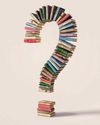
What Is Your Story Question?
Revision and editing advice to take your first draft to the next level.
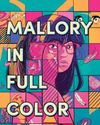
Writing for the People We Hope to Become
Elisa Stone Leahy's new middle-grade novel, Mallory in Full Color, tackles the in-between moments of adolescence, when who we are and who we want to become collide.
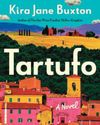
Creating Community
Whether hot off the presses or on the shelves for years, a good book is worth talking about.

Pat Barker
The Booker Prize-winning author of Regeneration shares the role characters play in developing novel ideas and explains what appeals to her about reimagining mythology.

How to Write in Different Genres
Emiko Jean and Yulin Kuang share tips and strategies for how they successfully write in different genres and mediums.
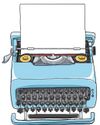
The Shortest Distance Between Two Points
Ten tips for writing a novel with 100-word stories.
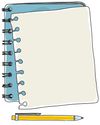
Mayfly Marketing
How to sell your novel in a short-attention-span world.
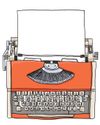
"You'll be a great essay".
How to write six types of personal essays by finding the funny in your life.
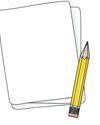
The Idea Factory
Tired of staring at an empty screen? Unlock your inner fiction generator with these surprising inspiration techniques.
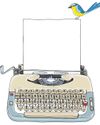
Seinfeld Was Right: That's a Story
Use mundane moments from everyday life to create stories that pack a punch.